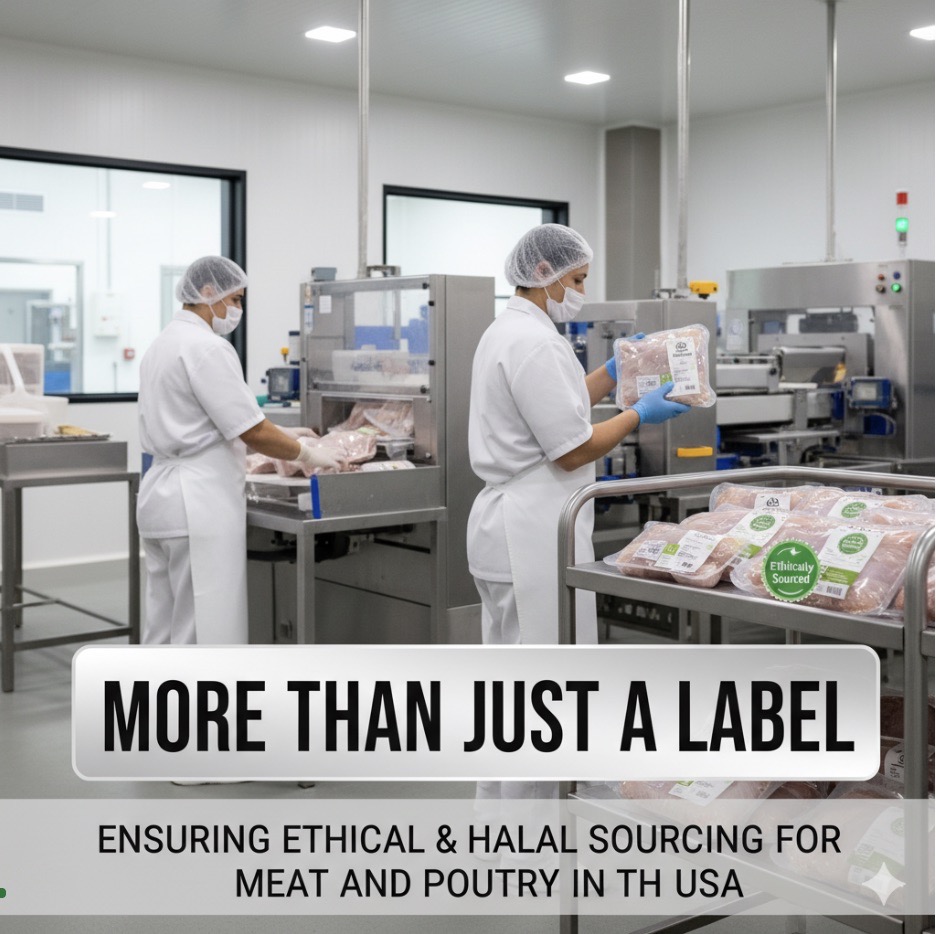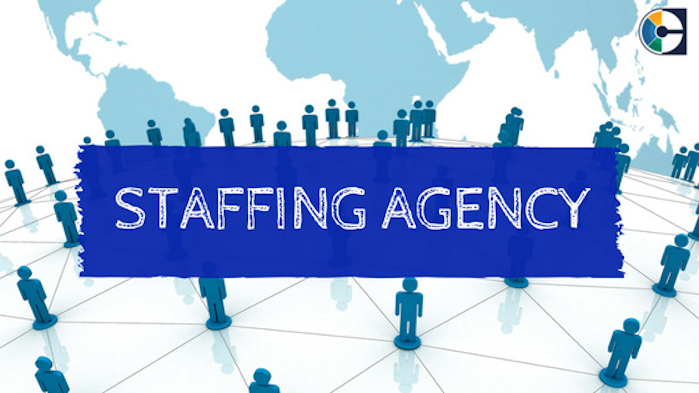More Than Just a Label: Ensuring Ethical & Halal Sourcing for Meat and Poultry in the USA
In an increasingly conscious consumer marketplace, the demand for halal-certified meat and poultry has transcended religious requirements to become a symbol of ethical sourcing, transparency, and quality assurance. For the growing Muslim population in the United States—estimated at over 3.5 million—and the millions more who choose halal products for their perceived ethical standards, understanding what lies beyond the halal label is essential.
Understanding the Depth of Halal Certification
Halal certification for meat is far more than a simple stamp of approval. It represents a comprehensive system that governs every stage of the supply chain, from farm to fork. The Arabic word “halal” means “permissible,” but its application in meat production encompasses animal welfare, humane treatment, hygiene standards, and spiritual compliance.
A genuine halal meat certificate signifies that the product has undergone rigorous scrutiny by qualified Islamic scholars and trained inspectors who verify that all processes align with Shariah principles. This includes ensuring animals are raised in humane conditions, fed appropriate diets free from animal by-products, and slaughtered according to Islamic guidelines that prioritize minimizing the animal’s suffering.
The American Halal Meat Industry: Growth and Challenges
The halal meat certification USA market has experienced exponential growth over the past decade, with the domestic halal food market valued at several billion dollars annually. This expansion has attracted both dedicated halal producers and mainstream meat processors seeking to capture this lucrative segment.
However, this growth has also introduced challenges. The absence of federal regulations governing halal certification in the United States means that multiple certifying bodies operate with varying standards. Unlike countries such as Malaysia or the UAE, where government agencies oversee halal certification, the American system relies on private organizations, creating a landscape where certification quality can vary significantly.
This regulatory gap has occasionally led to controversies where products labeled as halal failed to meet authentic Islamic requirements, eroding consumer trust. Therefore, selecting reputable halal certification services for meat export and domestic consumption becomes paramount for both producers and consumers.
What Makes Halal Sourcing Truly Ethical?
Authentic halal sourcing intersects beautifully with broader ethical consumption values:
Animal Welfare: Islamic principles mandate that animals must be treated with compassion throughout their lives. They should have adequate space, proper nutrition, and freedom from unnecessary stress. The slaughtering process must be performed by a trained individual using a sharp blade to ensure the quickest, most humane death possible.
Transparency: Ethical halal certification requires complete traceability. Consumers and businesses should be able to track the animal’s journey from birth through processing, ensuring no contamination with non-halal substances occurs at any point.
Environmental Responsibility: Many halal certification bodies now incorporate environmental sustainability into their standards, recognizing that stewardship of the earth is an Islamic obligation. This includes evaluating farming practices, waste management, and carbon footprint.
Worker Rights: Increasingly, ethical halal certification considers the treatment of workers throughout the supply chain, ensuring fair wages and safe working conditions—principles that align with Islamic teachings on social justice.
Choosing the Right Halal Certification Services
For businesses seeking halal meat certification USA, selecting the right certifying body is crucial. Here are key factors to consider:
Credentials and Recognition: Look for organizations accredited by internationally recognized bodies and accepted by major importing countries if you’re pursuing halal certification services for meat export.
Inspection Protocols: Reputable certifiers conduct regular unannounced audits, maintain trained inspectors on-site during production, and use technology for verification.
Transparency: The best certification bodies openly share their standards, methodologies, and scholar credentials, allowing businesses and consumers to make informed decisions.
Comprehensive Coverage: Quality certification extends beyond the slaughter process to encompass feed sources, processing equipment, storage facilities, and transportation methods.
The Export Advantage
For American meat producers, obtaining proper halal certification services for meat export opens doors to the massive global halal market, estimated at over $2 trillion across all categories. Countries with significant Muslim populations—including Indonesia, Pakistan, Saudi Arabia, and Turkey—require authentic halal certification for imported meat products.
Each importing country may have specific requirements or recognize certain certifying bodies over others. Producers serious about export must research destination market requirements and work with certification services that have established credibility in those regions. The investment in proper certification pays dividends through access to premium markets and reduced risk of shipment rejections.
Consumer Due Diligence
For consumers purchasing halal meat, the responsibility doesn’t end at looking for a label. Research the certifying organization displayed on the product. Many reputable halal certifiers maintain websites with databases of certified products and producers. Don’t hesitate to ask retailers about their halal suppliers and certification processes.
Community engagement also plays a vital role. Local Islamic centers, scholars, and Muslim consumer advocacy groups often maintain information about trusted halal sources in their areas. Word-of-mouth recommendations from community members who have visited facilities or investigated suppliers can be invaluable.
The Future of Halal Certification in America
The halal meat industry in the USA stands at a crossroads. As demand grows and the market matures, there’s increasing momentum toward standardization and potentially federal oversight. Several industry groups are working toward establishing unified American halal standards that could enhance credibility both domestically and internationally.
Technology is also transforming verification processes. Blockchain tracking, DNA testing, and digital verification systems are making it increasingly difficult for fraudulent products to enter the market, giving consumers greater confidence in their purchases.
Conclusion
The halal meat certificate on a package represents far more than religious compliance—it’s a promise of ethical treatment, quality assurance, and transparent sourcing. As the American halal meat industry continues to evolve, both producers and consumers must remain vigilant, informed, and committed to maintaining the integrity of halal standards.
Whether you’re a business seeking halal certification for meat or a consumer making purchasing decisions, remember that true halal sourcing is comprehensive, ethical, and accountable. By supporting genuinely certified products and reputable certification services, we ensure that the halal label continues to mean something substantial—a commitment to principles that benefit animals, people, and our planet.







